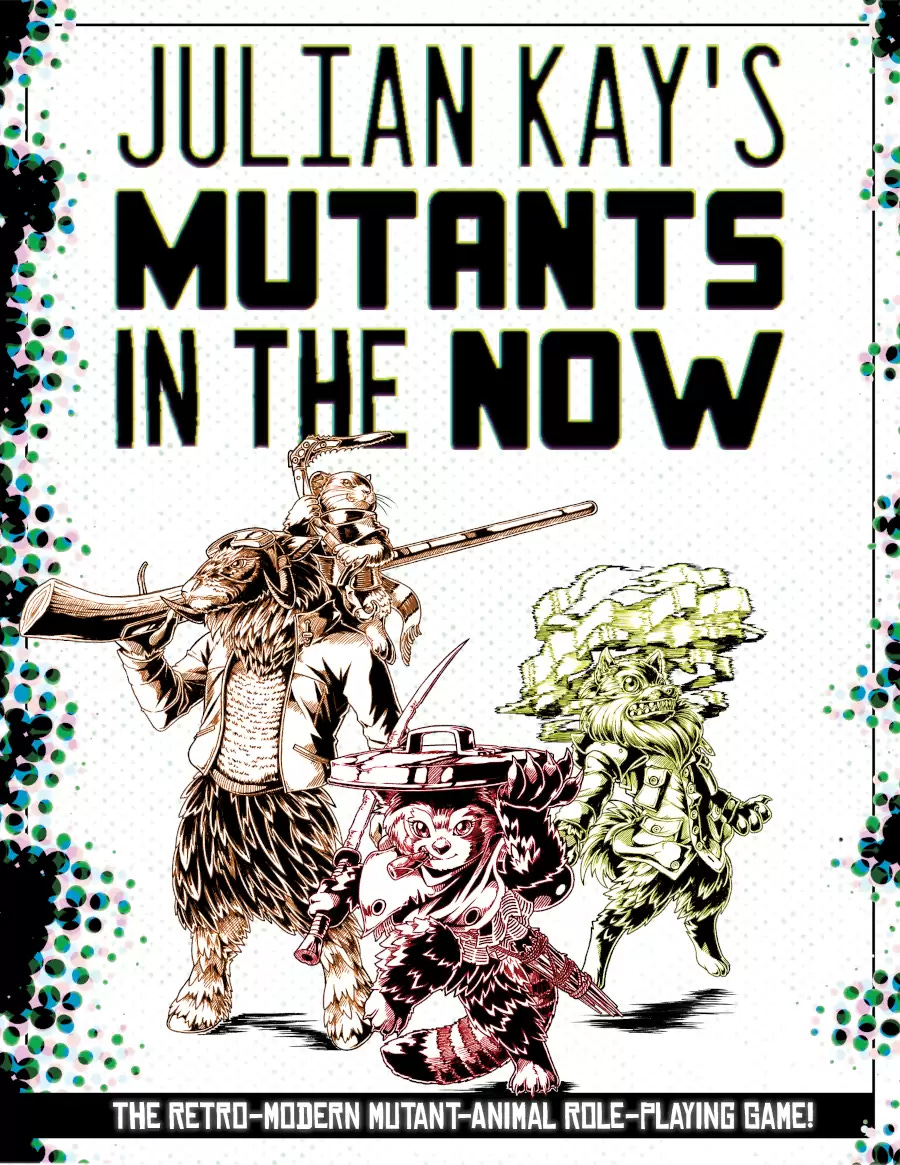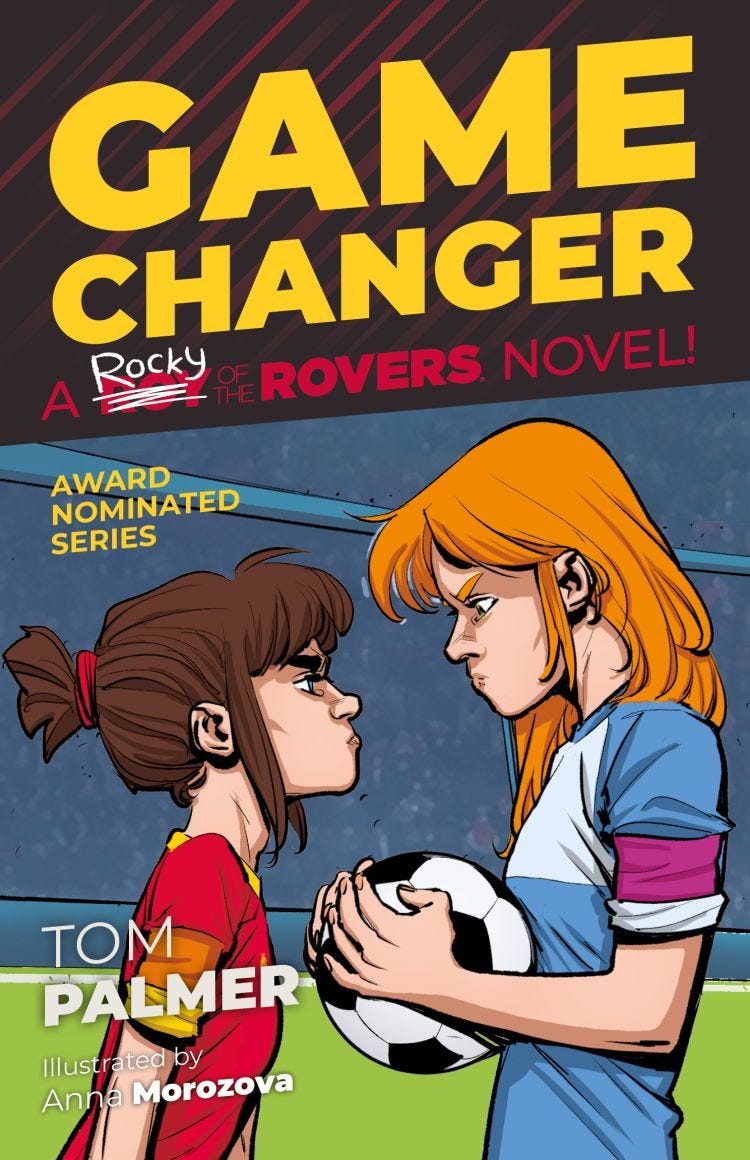Today I want to talk about my complicated feelings about Alan Moore, and how that relates to improving as a writer.

I have been… let’s say “unkind” to Alan, in the past. Not to his face or anything—I’ve never had the pleasure of meeting him—but rather some of his more vocal fans paint him as a writer that has no flaw, and I mistakenly assumed that meant he was an arrogant bastard and have pitched my vocal opinions of him accordingly.
I recently read Elizabeth Sandifer’s Last War in Albion, which is ostensibly a history of the respective careers of Alan Moore and Grant Morrison through the context of their mystical war and how its fallout changed the world (yes, I know, but Sandifer is fucking weird and I love her for it), but volume one is really just about Alan. As a result of reading that, my opinion of him as a person warmed a bit, just when I noticed BBC Maestro.
For those who are unaware, BBC Maestro is a streaming site of online courses to educate people and encourage creativity. And Alan Moore has a course there on storytelling. I managed to get his course at a small discount, and decided to spend some of the money I set aside for professional expenses (since I’m not flying to the US for professional conventions anytime soon) and purchase it. I clearly owe Alan an apology, and I hope my £70-ish goes some way towards that.
That said, quite a lot of Alan’s advice isn’t new to me, a person who has been earning money in some way, shape, or form from writing for nearly 25 years. One piece of advice he did give which stuck with me was “grab a random book from a library or a sales bin, read it, and try to analyze why it made you feel the way it did.” I did that, and I’ll talk about that book later in the newsletter.
There are some other things I got out of the course, too, like paying more attention to my prose’s meter and easily a half-dozen books I want to read now. But why did I spend a fair chunk of change to have a bearded anarchist tell me things I already know? There are two reasons.
The first reason, and one I think a lot of established freelancers forget, is that we do need to constantly learn our craft. Tools change, methods evolve, and industries shift, and we need to stay on top of them. And most of our clients aren’t going to foot the bill to teach us what we need to know, so it’s on us to learn. I set aside a little bit of money each year specifically for research and education tools. I don’t always use it, or I use it for things like buying a popular video game I normally wouldn’t buy to stay abreast of the latest trends, but in this case I felt it made sense to learn from someone who, my opinions aside, is clearly very good at what they do.
The second reason is there’s value in having something you already know reiterated to you. In my case it’s often because I simply forgot I knew something (which you can chalk up to either a lack of application of those skills or just a bad memory, whichever you prefer), but also because the same information means different things to different people, and sometimes having someone else repeat something you know back to you can give you a new take on it.
For example, one of the books Alan recommends in the course is Ways of Seeing by John Berger. It’s a book that radically changed how people think about art criticism around the 1970s, and it’s the book that introduces concepts which led to the articulation of the male gaze. It’s all stuff I knew, but reading about this early take brought out some nuances that really shifted how I think about it. Not a lot, not a radical reinvention of my thinking, but a new layer I can consider regarding my own work.
It may sound like I didn’t do any writing at all during this time, but this leads to another point Alan reminded me of: reading is writing. Because you have to constantly be feeding the machine: reading good writing, reading bad writing, reading research, reading things that don’t seem to connect to what you’re working on now but might connect to what you’re working on in future. It’s all part of the writing process. Easily 80% of writing takes place in your head rather than at the keyboard, and reading falls into that category.
So, always expand your skills. Read a lot. Learn a lot. Never get out of the habit of learning and pushing and growing your skills. Because even if you’re like me and approaching the twenty-fifth year of professional work, there’s always something new to learn.
News
First off, Realms of Pugmire is on sale again, this time as part of the Tails, Paws, and Claws bundle on DriveThruRPG. This is a collection of tabletop RPGs where you play animals, and I was asked to include Realms as part of it. I admit I’m not familiar with many of the games, but I will vouch for Mutants in the Now. It’s a love letter to the Teenage Mutant Ninja Turtles RPG from the 80s, which was one of the inspirations for Pugmire, so of course I had to get it. If you like loads of random tables to emulate over 130 animal species in a deliciously crunchy system, it’s a great game to add to your table.
Speaking of games inspirated by other games from the 80s, I have another credit to my name for Cyberpunk RED! This time, some of the work I did for Tales of the RED: Hope Reborn was part of the basis of the latest Cyberpunk RED DLC: Nomad Presents Radio. It’s a fun collection of headlines based on already-released adventures, complete with some audio files for your players to listen to, and all for the amazing price of free. Check it out!
Finally, I’m in a new actual play, and it’s a long one! Starting this month, I’ll be in Red Moon Roleplaying’s epic Masks of Nyarlathotep campaign for Call of Cthulhu. If you want to listen along, you can find them on YouTube, at their website, or on your favorite podcasting site!
My Media
I mentioned above that Alan Moore suggested picking a random book and analyzing it. I found a book that happened to be free digitally, and that’s how I ended up enjoying a young adult book about football: Game Changer.
(Quick side note to my American friends: Yes, I am talking about soccer, but it’s a British novel, so I’ll use the correct term of “football” throughout.)
Alan Moore suggested a random book, and this is about as random as you can get. Not only is it a book about football, but it’s the eighth book in a series. Not only that, but it’s also in canon with another six or so graphic novels, so it’s technically something like the 14th book. Not only that, but it’s a spin-off of a reboot of a beloved (or at least popular) football comic called Roy of the Rovers. I could go into a whole deep dive into British sports comics, but honestly none of that relates to this book, because this book for kids goes hard.
I know almost nothing about football, and aside from having to look a few specific terms up online, I didn’t need to know anything about it. If you’ve ever seen a sports movie ever, you get the basic gist: The protagonist is wildly talented, isn’t aware of her own talent, and through teamwork and friendship wins the day. It’s Rocky, it’s A League of Their Own, it’s Caddyshack. You know the type of story, just told as a slim novel for kids.
Except in the midst of that story, the novel also finds room to address the disparity between professional women’s football and men’s football. It also covers grief on a surprisingly poignant level (the protagonist’s father died in a previous story, a few weeks before the events of this one). It talks about growing up, and wanting to move out of your comfortable environment to try new things. Oh, and it also spells out the racism endemic to football, both in Britain and abroad. This is a fucking lot to dump on a kid reading this, and honestly, I wish more young adult fiction swung for the bleachers like this. (You get that? It’s another sports metaphor.)
Really, most of the young adult fiction that stays with people doesn’t play it safe. Horror stories for children like Goosebumps can be surprisingly scary even to adults. The Animorphs series still gets talked about because it dealt with topics like PTSD and child soldiers. Kids can handle a lot of strong material, if it’s written well and presented in the right way, and I’m glad to see even football writers are pushing the envelope.
(Spoilers after this point, so if you want to check the book out, click on the link and I’ll see you next month!)
Is it perfect? Oh god, no. That’s just too much to cover in such a slim volume, so subplots like the mother’s own grief and the protagonist’s best friend being racist are all quickly wrapped up with a spa day and a quick chat (respectively), which left a particularly interesting sub-subplot about how living in America can expose you to institutional racism completely unaddressed. While the novel is reasonably standalone, it did assume a familiarity with existing relationships between characters that I had to just take as read. But for a book that cost me absolutely nothing that I picked up under the assumption I would just pick it apart for style tips, it’s shockingly good.
With that, I’m back to work. See you next month!





